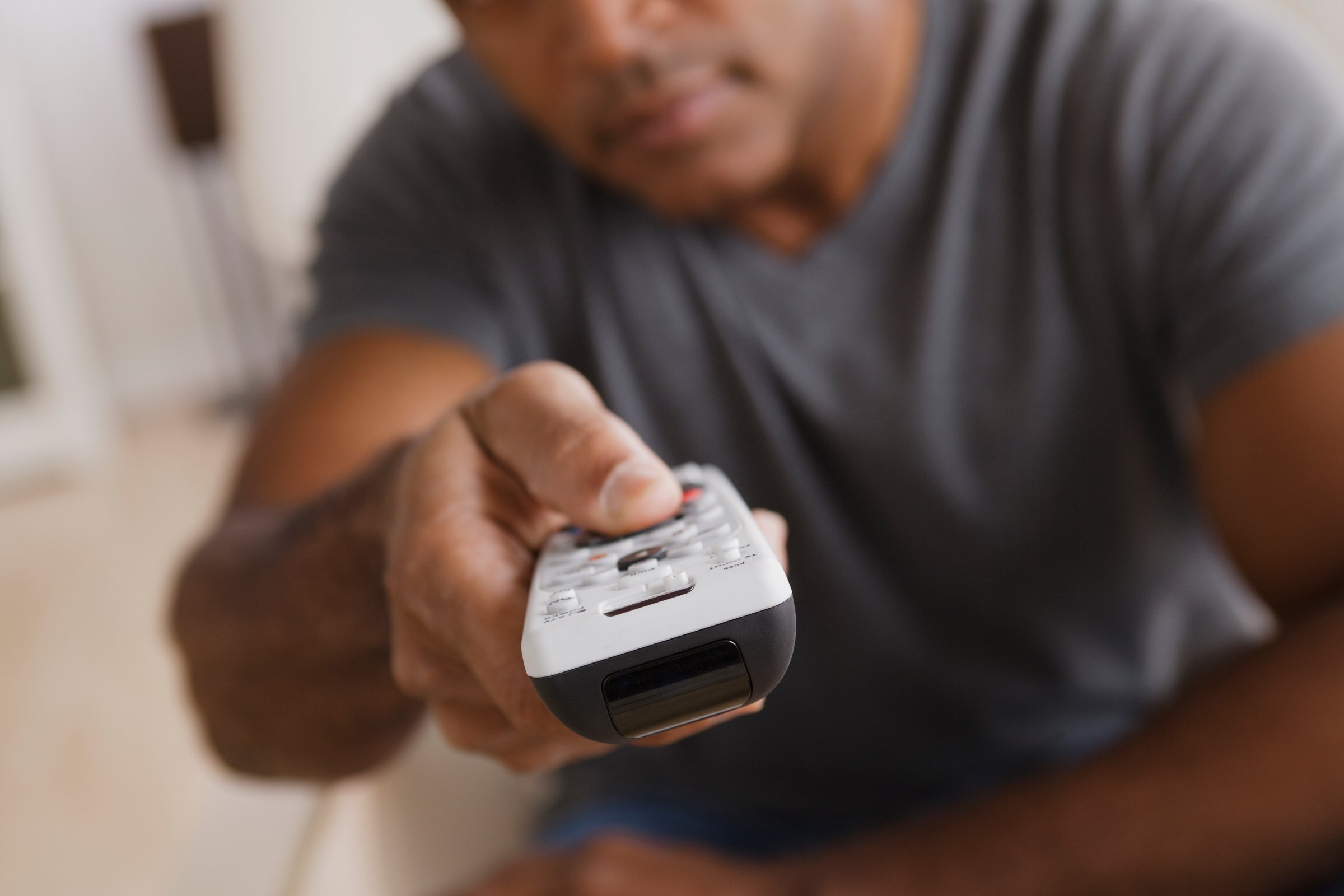
If cable companies were once the gods who delivered TV content from their version of Mount Olympus, then the set-top box was their chosen instrument—one to which they alone had access and controlled. If you didn’t have a box, you were stuck with a few paltry over-the-air channels. All of that has been changing rapidly, however, and the Federal Communications Commission has now put itself firmly on the side of those who want to blow up what’s left of that monopoly.
The FCC voted 3-2 on Thursday to go forward with a proposal that would open up the set-top box business to outside players. It’s not a firm decision at this point; it’s more of a statement of intention. So now it’s up to the various players to make their feelings known to the federal regulator before it rules in a few months.
In a recent public statement about the move, FCC chairman Tom Wheeler—who happens to be a former head of the National Cable & Telecommunications Association—said that for too long, the set-top box has been a boon for cable and satellite companies but a bane for users. The companies selling them have made billions a year doing so,Wheeler said, but users have been locked into a captive and largely unfriendly environment in order to get service.
Today, 99 percent of pay-TV customers lease set-top boxes from their cable, satellite or telco providers. Pay-TV subscribers spend an average of $231 a year to rent these boxes, because there are few meaningful alternatives. Altogether, U.S. consumers spend a whopping $20 billion a year to lease these devices.
Wheeler’s proposal is to do the same thing for cable and satellite boxes that the FCC once did for landline telephone sets. Before the regulator forced it to open up, anyone who wanted a telephone had to rent one from a specific provider.
With a few exceptions, the forces lobbying the FCC during the comment period will likely to fall into two main camps:
The first group is made up of non-cable companies, such as Google, Apple, Amazon, and other smaller players, who would very much like to be able to sell smart TV control boxes and other features to users. Also in this group are existing set-top companies like Hauppauge, who would like to hold onto their market share.
Hauppauge, for example, quickly put out a statement after the FCC news broke to say that it supports the FCC’s proposal and that it will “encourage innovative developers to create products which will lower consumer costs, increase the selection of content available to consumers and allow new applications for TV.”
In the second group are existing cable and satellite companies, who will be making a number of arguments about why this opening up isn’t necessary—including the argument that they are already opening up themselves and therefore don’t need the FCC to barge in and wreck things. Comcast has effectively made this exact point about its new X1 smart cable controllers, which add Internet connectivity and other features.
Given these exciting, pro-consumer marketplace developments, it is perplexing that the FCC is now considering a proposal that would impose new government technology mandates on satellite and cable TV providers with the purported goal of promoting device options for consumers.
It’s true that the cable and satellite companies have been trying to adapt—including launching apps for various platforms—but it’s probably fair to say the industry has been pushed rather than leapt on its own accord. At the moment, cable companies control a very lucrative portal into the homes of millions of people, and they get to charge different networks and providers for space on that portal. That is a pretty nice spot to be in.
As is so often the case, the FCC’s move to open up the set-top box may be an attempt to open the barn door after the horse has already left. Not only have many consumers already fled cable for streaming services like Netflix and Hulu, but many are using Google’s Chromecast or Amazon’s Fire TV Stick to stream their own content to their TVs. Television manufacturers are also increasingly building Roku and other services into their sets.
The FCC appears determined to press on, however, and given chairman Wheeler’s comments on the matter so far, it seems unlikely that he is going to be put off by a little grumbling from the cable and satellite companies. So you could be looking at a very different set-top box relatively soon—if you use a set-top box at all, that is.
More Must-Reads from TIME
- Donald Trump Is TIME's 2024 Person of the Year
- Why We Chose Trump as Person of the Year
- Is Intermittent Fasting Good or Bad for You?
- The 100 Must-Read Books of 2024
- The 20 Best Christmas TV Episodes
- Column: If Optimism Feels Ridiculous Now, Try Hope
- The Future of Climate Action Is Trade Policy
- Merle Bombardieri Is Helping People Make the Baby Decision
Contact us at letters@time.com